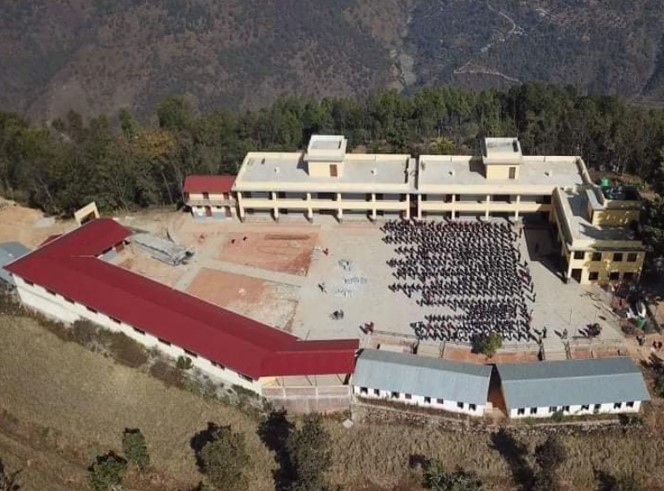Structural and Functional Resilience of Schools in Nepal (SFRES-Nepal)
This project develops a holistic assessment approach for schools to assess the multihazard structural safety and functional adequacy.

18 May 2022
This project develops a holistic assessment approach for schools to assess the multihazard structural safety and functional adequacy. Functional needs and adequacy is equally important to structural safety as these affect the everyday teaching and learning activities. This research project contributes towards the 4th of the Sustainable Development Goals, to provide access to quality education for all.
The main objective of the project is to develop a holistic approach for the assessment of existing school infrastructure including both the multi-hazard structural safety and functional aspects (environmental quality and WASH facilities). Although the structural safety of schools has got sufficient attention, the functional aspect is not given much importance in the past, especially in developing countries. The environmental quality (e.g. air quality, light, acoustics, thermal comfort) affect the children’s health and learning abilities on everyday basis. Similarly, inadequate WASH facilities in schools impact the health and attendance rate. The methodology will be based on the analysis of data and information on school buildings from Nepal correlated with the minimum standards/regulations on healthy functionality requirements. For the structural safety, the GLOSI methodology and repository (https://gpss.worldbank.org/glosi/) will be used. The expected outputs are: (1) ranking of school typologies in terms their suitability to yield a balance of structural safety and functional adequacy, (2) ranking of the school facilities in terms of structural and functional adequacy (3) recommendations for the improvement of the deficiencies, keeping a balance between the structural and functional adequacy.
Principle Investigator (PI): Prof Dina D'Ayala
Researcher: Dr Rohit Kumar Adhikari
Collaborators: UCL, NSET-Nepal, Ministry of Education Nepal
Funding Bodies: UNESCO Chair at UCL
 Close
Close

